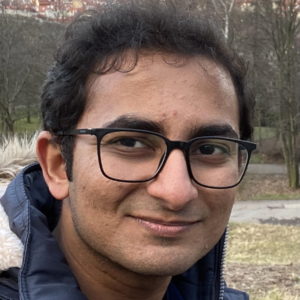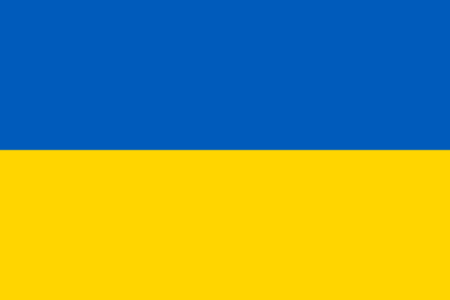Ever since Russian invasion of Ukraine we have seen a rise in researchers & scientists coming out in solidarity with Ukrainian students and researchers by sharing opportunities in their universities and labs for them.
One of the initial such opportunities posted on Linkedin by Prof. Yiannis Pontikes reached nearly 150,000 people and is still gaining traction. This led to other scientists posting similar opportunities for the Ukrainian students and researchers leading to the launch of global hashtag #ScienceForUkraine that has been trending on Twitter and Linkedin where scientists throughout the world are sharing opportunities for Ukrainian students to continue their research.
A further online spreadsheet (link: Labs supporting Ukrainian Students) by Andrew Kern @pastramimachine has been created to help Ukrainian scientists locate the professors and funding departments throughout the world at all career levels. There is an interactive website Science for Ukraine to serve the same purpose. These lists are continuously updated and any academic interested in coming forward to help Ukrainian students and researchers can put their details. The list contains more than 500 opportunities at the moment and it is growing quickly.
Alliance of Science Organisations in Germany (DFG) have in their press release announced support for students and researchers from Ukraine under wide-ranging assistance programs being announced or to be announced. Polish academy of Sciences have also launched a website to help Ukrainian students and researchers with funding as well as further support to find a supervisor in their area of research.
Many other EU countries have also launched similar initiatives to support Ukrainians.
We are stronger together, in the face of this adversity the global scientific community has showed that while there may be war, the only way forward for future of science is through support and collaboration at a global scale.

This article was written by Sallar Ali Qazi as part of an ongoing series of scientific communications written and curated by BioTrib’s Early Stage Researchers.
Sallar Ali Qazi is researching Mechanical and Tribo-Chemical Wear Modelling of Artificial Joint Prostheses at Imperial College London, UK

